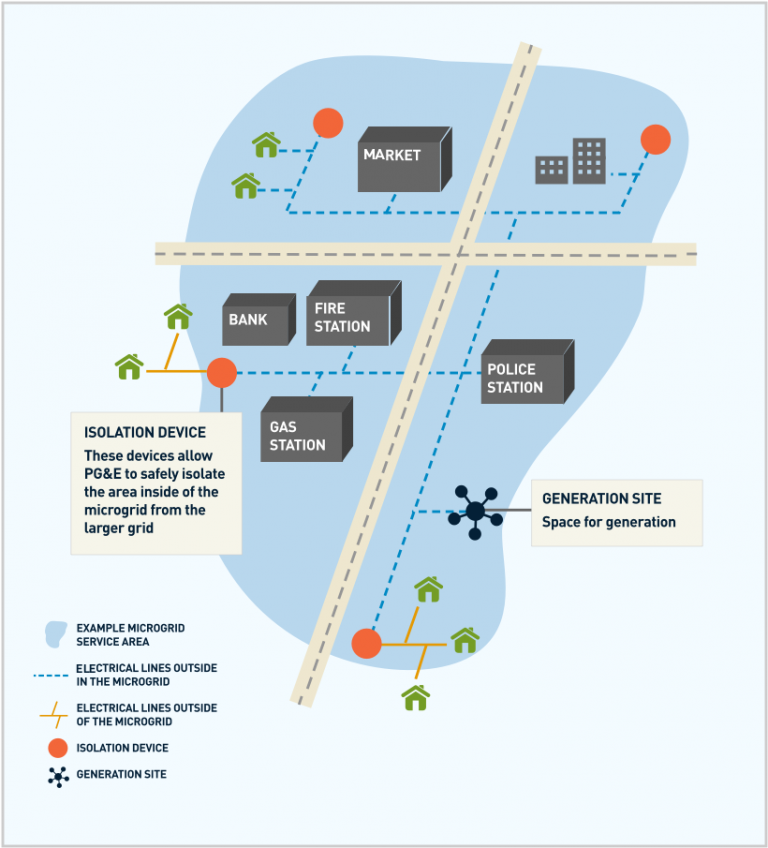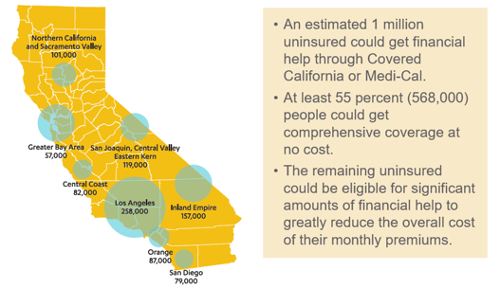With the current national focus on law and order, some statewide organizations and lawmakers are working on what they say are solutions that promote investment in young people and reduce California’s privately-owned prison population. Assemblymember Tony Thurmond has sponsored AB 43, a bill that would levy a 10 percent tax on “private prisons and prison-related services.”
The bill is aimed at what experts call the Prison Industrial Complex, a process where the correctional system turns inmates and their families into sources of revenue. Inmates and their families have complained about exorbitant fees charged for making calls to and from prison. Also, some privately-owned companies have contracts with states to employ inmates. However, inmates are often paid way below minimum wage, allowing firms to maximize their profits.
Thurmond said the Prison Industrial Complex is a “modern form of slavery.” He was motivated to sponsor the legislation after watching Ava Duvernay’s documentary “13th.”
“We want the state to switch from investing in prisons to investing in schools,” said Thurmond, a former social worker who is also running for state superintendent of public instruction.
Thurmond’s legislation would raise funds that would go to prison prevention programs and universal preschool. Funds would be deposited in the State Incarceration Prevention Fund.
There have been some policies that have been said to contribute to the rise in prison population. From The War on Drugs to California’s “Three Strikes” law policies have all been said to have caused overcrowding situation that led to a Federal judge ordering a decrease in the state’s prison population.
According to the bill, California currently spends about $4.5 billion per year on the Department of Corrections and Rehabilitation. Some of that money also trickles down to companies that provide services to inmates. According to an article in the East Bay Times, CoreCivic, a company that owns several private facilities in the state, has received $2 billion from the Department of Corrections and Rehabilitation.
“Companies continue to profit as a result of high state incarceration rates. These for-profit companies provide necessary goods and services to state facilities, often at a markup. In effect, taxpayers are stuck footing the bill, enabling companies to see large profits for goods and services due to California’s prison population,” says the proposed bill.
AB 43 is supported by the California Teachers Association, Anti-Recidivism Coalition, California Nurses Association, Californians for Justice, and First 5 Association of California. The bill will be voted on later this month.
Thurmond and supporters of the bill say that investing in early education and prison prevention programs are key to stopping the School-to-Prison pipeline.
“Children who start kindergarten behind, are more likely to stay behind – a trend that feeds into the school-to-prison pipeline,” said Moira Kenney, executive director of the First 5 Association of California. “Early interventions like quality child care and preschool can break this cycle and put children on a path that leads to success in school and in life.”
But not everyone is happy about AB 43.
“Imposing a tax on a business that has been awarded a state contract is punitive and counterproductive to the goals of keeping costs down and creating jobs,” said Ken DeVore, NFIB legislative director, in a letter to Thurmond. “Such a tax serves no purpose for the state, and will only hurt small business.”







